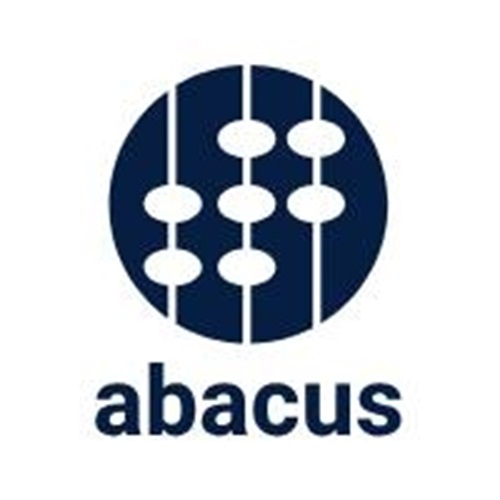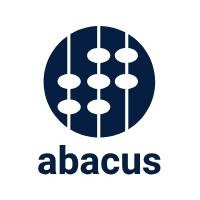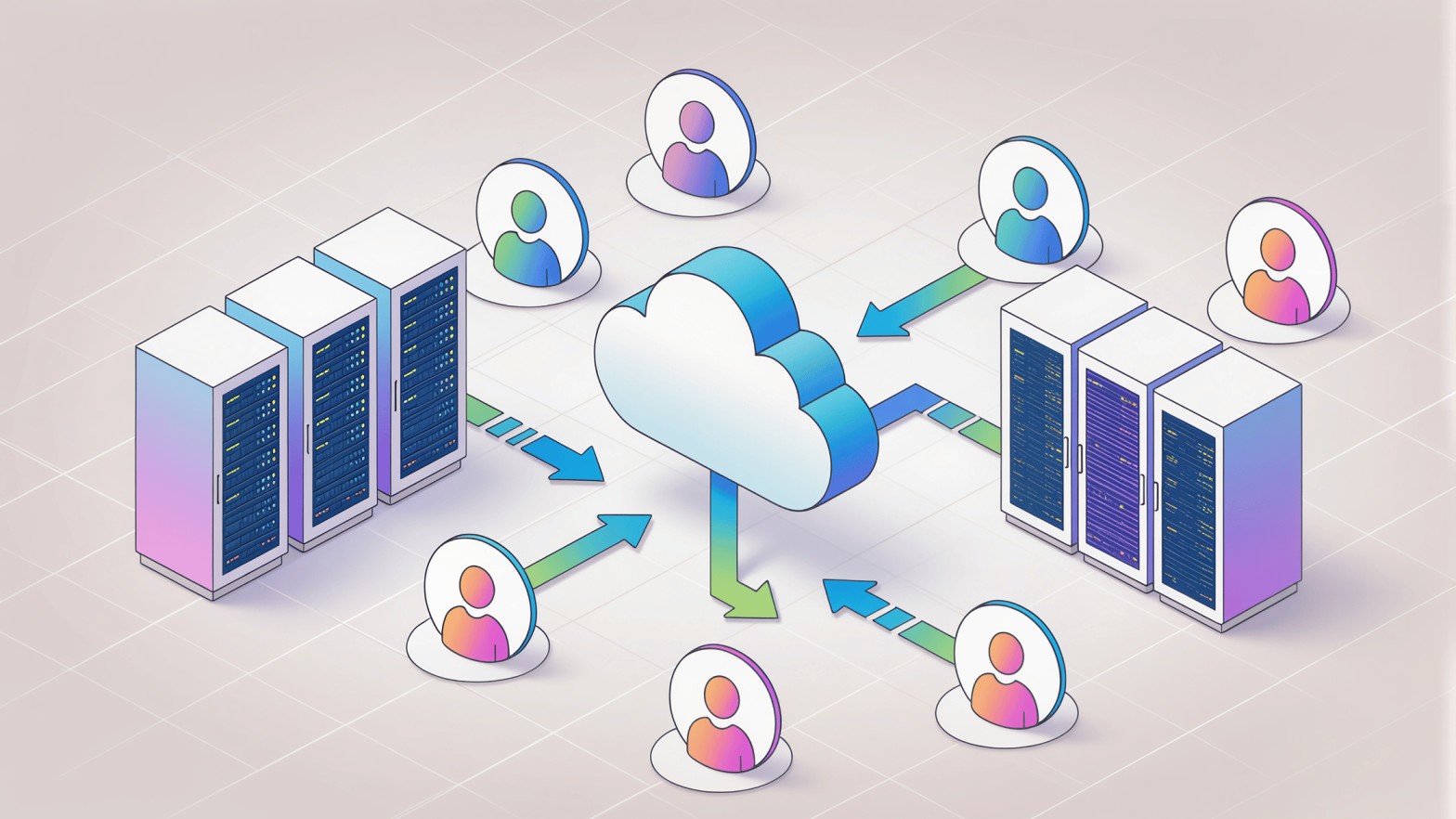Public Cloud Computing Services are Transforming Technology and Business

Strong 8k brings an ultra-HD IPTV experience to your living room and your pocket.
The quick development of technology in the current digital era has impacted how companies function, interact, and provide value to their clients. The emergence of cloud computing, which allows businesses to utilize computer resources online instead of depending on physical infrastructure, has been one of the biggest developments. Public cloud computing services have drawn the greatest attention among the several cloud models because of its scalability, affordability, and flexibility. This blog will discuss the definition of public cloud computing, its main services, advantages, difficulties, and ways that companies might take advantage of it.
Understanding what is cloud computing
Cloud services that are managed and supplied by outside vendors and made accessible to the general public via the internet are referred to as public cloud computing. A cloud service provider (CSP) owns and runs the infrastructure in a public cloud, where several clients share resources including servers, storage, and networking. Because these services are available on a pay-as-you-go or subscription basis, companies can avoid investing in pricey gear and software by just paying for the resources they utilize.
These days, Google Cloud Platform (GCP), Microsoft Azure, and Amazon Web Services (AWS) are the most well-known public cloud service providers. With data centers scattered over multiple regions, these businesses guarantee their clients high availability, minimal latency, and reliable performance.
Vital services by Public Clouds with examples
Infrastructure as a Service (IaaS), Platform as a Service (PaaS), and Software as a Service (SaaS) are the three primary categories into which public cloud services can be generally divided. Users can choose from varying degrees of control, management, and flexibility with these services.
1. Infrastructure as a service (Iaas)
Through the internet, IaaS offers organizations virtualized computer resources. It is the most fundamental level of cloud platform services, allowing customers to access networking, storage, and processing power without having to worry about maintaining actual servers. Businesses can scale resources up or down as needed by renting networking, storage, and virtual machines (VMs) on-demand with Infrastructure as a Service (IaaS).
Examples of IaaS providers include:
Launching virtual machines, managing storage, and accessing scalable network resources are all made possible by Amazon Web Services (AWS) EC2.
Microsoft Azure Virtual Machines provides a variety of computing choices that let customers control their infrastructure and install apps.
2. Platform as a service (PaaS)
With the help of PaaS, developers can create, launch, and maintain apps without having to worry about the supporting infrastructure. PaaS is perfect for companies who prefer to leave the operating systems, networking, and hardware to the cloud provider and concentrate on coding and application logic. Additionally, it offers databases, analytics, connectors, and development tools and frameworks.
Examples of PaaS providers include:
Google App Engine is a completely managed platform that lets programmers create apps without worrying about infrastructure management.
Microsoft Azure App Service provides developers with a set of tools to build and implement RESTful APIs, mobile backends, and online apps.
3. Software as a service (SaaS)
Software as a Service (SaaS) offers users online access to fully managed software programs. As a result, businesses no longer have to install, maintain, or administer software on their own devices. Software as a Service (SaaS) solutions are usually subscription-based and offer a variety of services like email, document management, productivity tools, and customer relationship management (CRM).
Examples of SaaS providers include:
Gmail, Google Drive, Google Docs, and Google Sheets are among the productivity tools available through Google Workspace (previously G Suite).
Salesforce: A cloud-based CRM system that aids companies in managing marketing, sales, and customer relationships.
Concerns in public cloud computing services
Before moving to the cloud, businesses should think about the problems associated with public cloud computing and public cloud computing services, despite its many advantages.
1. Compliance and Data Privacy
Many businesses are quite concerned about data privacy, particularly those in highly regulated sectors like government, healthcare, and finance. Concerns regarding adherence to data protection regulations like GDPR or HIPAA may arise when private information is stored in a public cloud. Businesses need to be sure that their cloud provider complies with these regulations and provides adequate controls for handling and protecting private information.
2. Lock-In of Suppliers
The possibility of vendor lock-in is another possible disadvantage of public cloud platform services. Because cloud providers frequently supply proprietary technologies and services, it can be challenging for enterprises to move to a different provider without facing major financial or technical obstacles. Businesses can lessen this by employing open standards, minimizing provider-specific dependencies, and designing their architecture and apps in a more cloud-agnostic manner.
3. Reliance on Networks
Internet access is essential for public cloud computing services. Any problems with internet connectivity, such as outages or bandwidth restrictions, might interfere with cloud services and make it more difficult for businesses to operate. In order to reduce these risks, organizations must make sure they have a dependable and redundant internet connection.
Conclusion
Services provided by public cloud computing have revolutionized how companies handle digital operations and IT infrastructure. The public cloud platform services gives companies of all sizes the chance to innovate and remain competitive because of its cost savings, scalability, dependability, and extensive service offering. Even though there are obstacles like vendor lock-in and data protection issues, these may be overcome with thorough preparation and the appropriate cloud approach. It is obvious that public cloud services will continue to be a vital component of digital transformation in the years to come as the cloud computing ecosystem develops.
Although there are a few concerns regarding public cloud computing, it stands as one of the best solutions for businesses out there, and The Abacus is one of the leading public cloud computing service providers with 24/7 customer support and managed cloud services so that no issues can hinder your progress.
Note: IndiBlogHub features both user-submitted and editorial content. We do not verify third-party contributions. Read our Disclaimer and Privacy Policyfor details.







